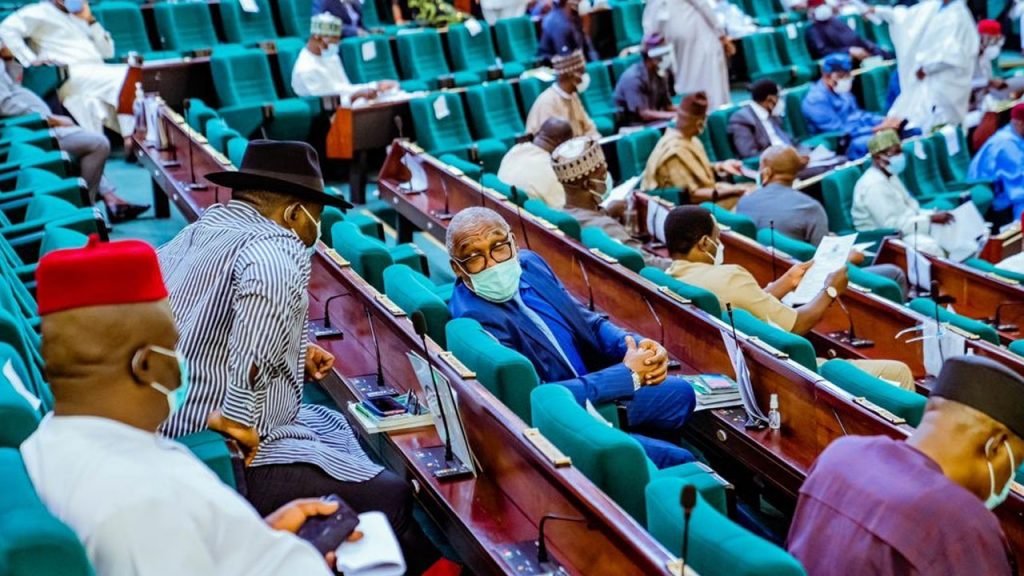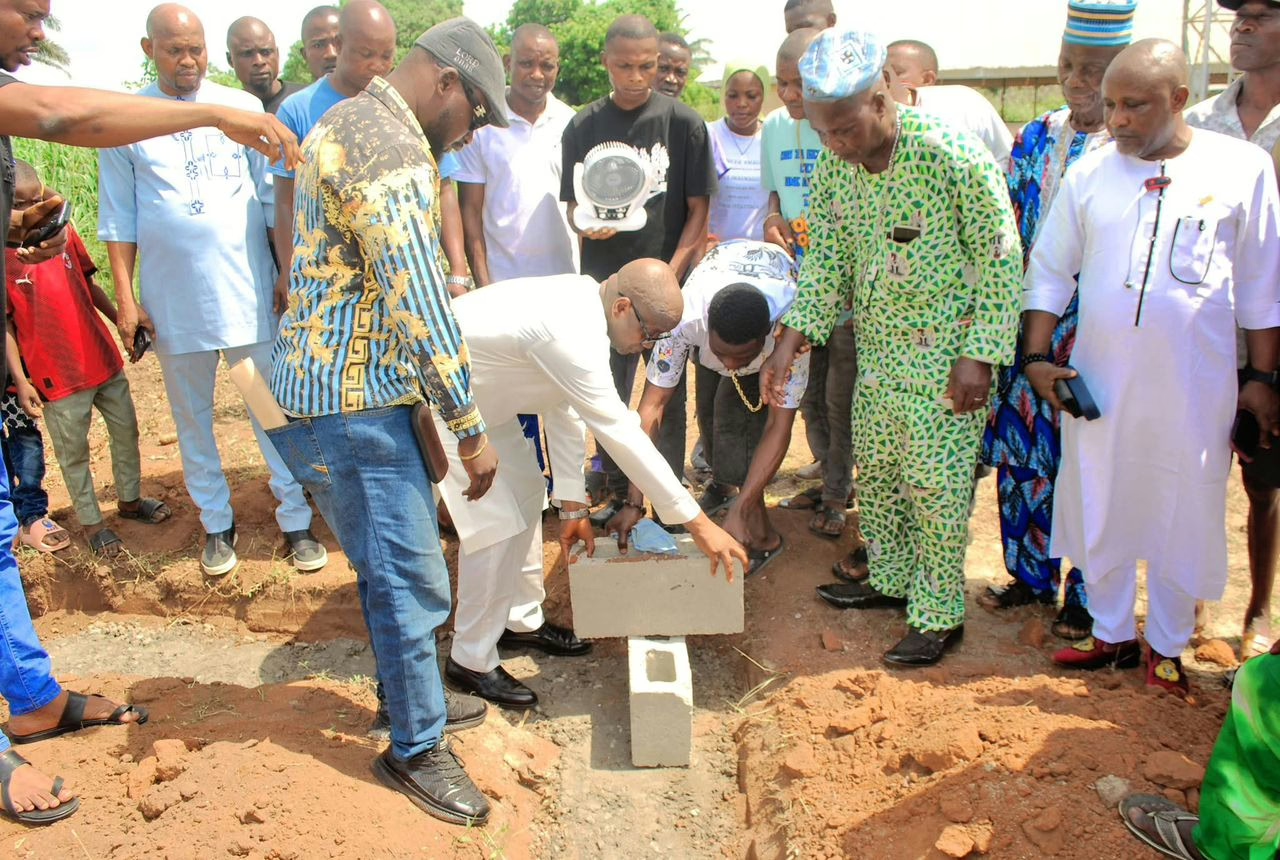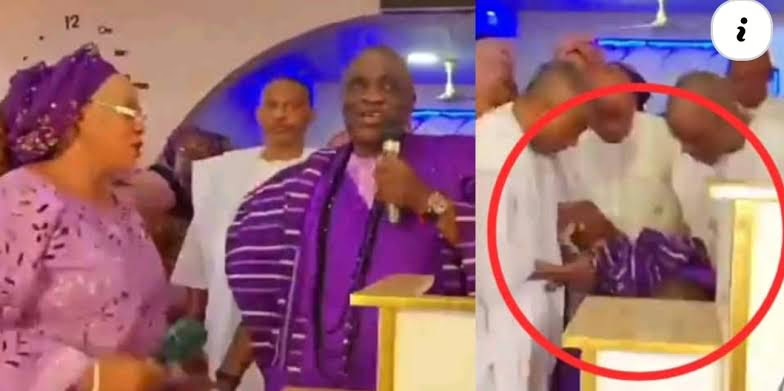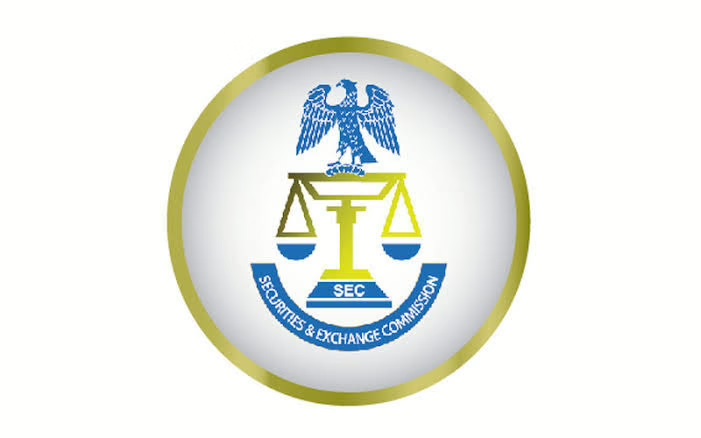Since the return of democracy in 1999, Nigerian governors remain one of the main power blocs in the country and ahead of the 2023 elections, governors in both the All Progressives Congress (APC) and the Peoples Democratic Party (PDP) are once again moving to strengthen their position.
Through the control of party structures in their respective states and funding of the party, governors decide the direction of their parties.
The inclusion of section 87 in the electoral amendment bill, is generating a buzz, as many believe it could be an attempt by the federal lawmakers to checkmate the powers of the governors. A fortnight ago, Sen Kabir Gaya, the Chairman of Senate Committee on Customs, while appearing on Channels TV denied that it was targeted at governors, however, it will reduce their power over delegates.
“Sometimes, governors have delegates, and they decide who will be the next House of Representatives member, the next senator.
“The best legislators are those who come back often, because of experience, but these days, because of what is happening, because of interference of indirect primaries, you find out that only 30% will come back to the National Assembly.
In this report, DAILY POST reviews the political permutations in both parties in the build-up to their respective conventions and the implication on 2023.
Governors preventing the Oshiomhole’s experience
There are 23 governors in their second term and their political future may depend on the structure of the party they control. During the 2019 elections, Rochas Okorocha of Imo State, Ibikunle Amosun of Ogun State, Abdulaziz Yari of Zamfara State, all failed in their succession plan after former Chairman of the APC, Adams Oshiomhole kicked against them.
After the election, the governor of Ekiti State, Kayode Fayemi, explained why he did not support the APC in the election, “there is an unspoken rule in the Nigeria Governors Forum (NGF). The chairman of the forum does not campaign against the sitting governor running for election anywhere.”
In the aftermath of the forceful exit of Oshiomole, the governors were able to get one of their own, Mai Mala Buni as the Chairman, Transition Committee.
In the PDP, the same formula that was used against Oshiomhole was deployed against the embattled PDP Chairman, Uche Secondus, following his fallout with Governor Wike of Rivers State.
PDP and Emergence of Iyorchia Ayu
The emergence of the former Senate President, Iyorchia Ayu, as the consensus candidates of the Northern PDP has further established the powers of the governors over the affairs of the party.
Mr Ayu, according to insiders was preferred over David Mark, after he was endorsed by Samuel Ortom of Benue State.
According to insiders, the camp of Bukola Saraki, who is nursing a run for the PDP ticket opposed the emergence of David Mark because both are from the North Central, however, following the emergence of Ayu with the support of Ortom, the camp backed down.
Kawu Baraje, an ally of Mr Saraki, while appearing on Channels TV, said the party has agreed to abandon the tradition of zoning president and chairman to different regions.
“And what does that mean? The proviso, which we crave for has been given to us, not only the north-central but the entire country, that no matter where the national chairman of PDP emerges, it does not preclude anybody from that particular zone and indeed the entire members from contesting the position for the presidential ticket when the time comes,” he said.
If Ayu is confirmed by the convention, the PDP governors have once again determined who will emerge as the chairman of the Party.
While PDP governors have been able to have a clear say on who will run the party, the governors of the ruling party, APC, have not been able to take such control. Even though the governors have one of their own planning the convention, there is yet to be a clear position from the governors.
Currently, several ex-governors are either linked to the race or have declared interest. Tanko Almakura of Nasarawa State, Kassim Shettimah of Borno State, Alimodu Sheriff of Borno, George Akume of Benue State are all interested.
Raphael Oloko, a chieftain of the PDP in Benue State, while speaking with DAILY POST, said in the case of a ruling party, the President is the de facto leader of the party, hence, the reason why governors of the APC may not have control over who emerges as APC chairman.
“Whoever assumes the leadership at the helms of affairs in a political party either at the federal level or state, automatically becomes the leader of the political party.”
Speaking on the direct primary, Mr Oloko said it will have an impact on who controls the structure of the party.
“If the issue of direct primary comes, it reduces the powers of the governors. You cannot just wake up and tell the party who to elect, the people will be involved, and they are more, unlike the delegate system. Will you go to my ward and gather people who have interest in me, and tell them not to vote for me?”
“The decision of the governors supersedes every other person. The Senate President, Ahmad Lawan, when he goes to his state, he is responsible to the governor. The governor is not seeing him as the number three citizen, but his boy because he will need the state for re-election. The strength of loyalty plays a role in the existing delegate system.”











Leave a Reply